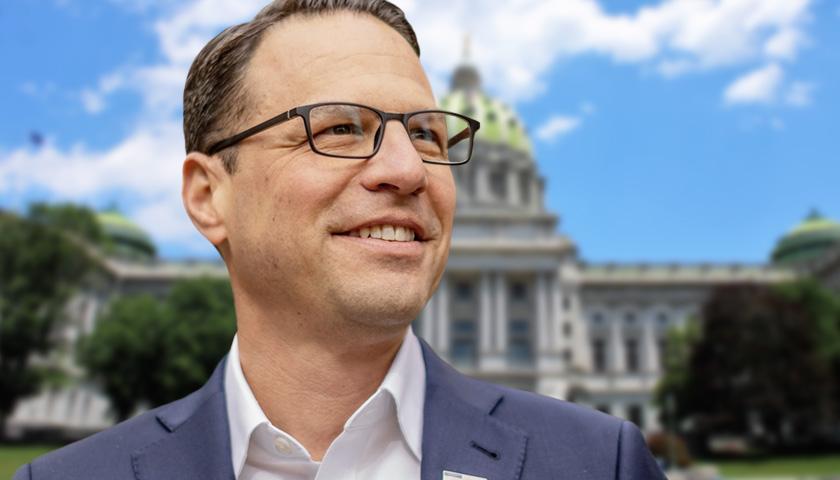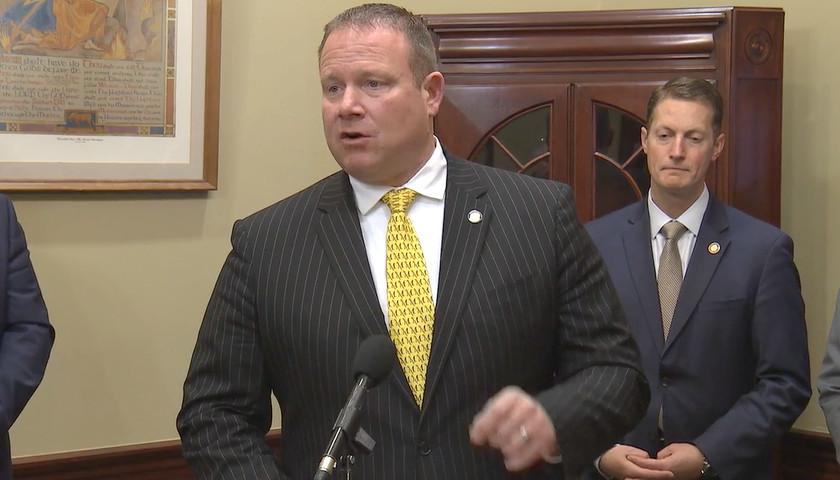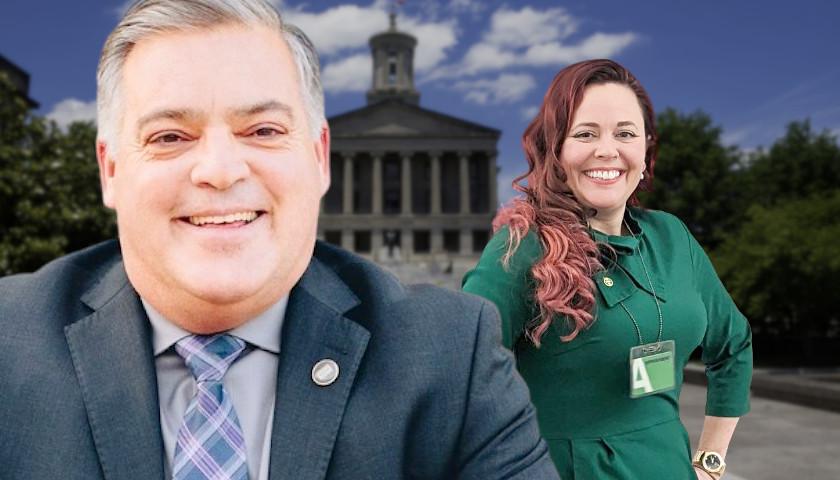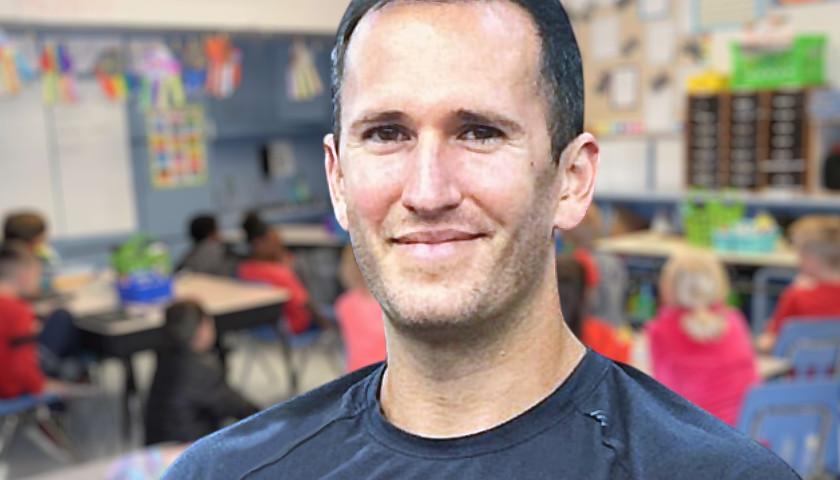Keystone State Republicans at first viewed Democratic Governor Josh Shapiro’s (pictured above) Fiscal Year 2023-24 budget proposal with skepticism. This week, Pennsylvania State House Democrats added an extra $1.1 billion and passed it, making a fray between their chamber and the Republican-run state senate even more probable.
The nearly $47 billion spending plan, approved by representatives along party lines, hikes spending by $5.7 billion over the current fiscal year, a more than a 13-percent increase. Members of the Republican minority criticized their Democratic colleagues for rushing the plan to passage within six hours of its completion, a move they said reflected poor transparency. State Representative Doyle Heffley (R-Weissport) spoke for many in his party when he called the House-passed plan a “poison pill” for Pennsylvania’s economy.
“House Democrats have taken the Shapiro budget which was already excessive and they’ve just multiplied it by 10 times,” he said in a House Republican broadcast from the Pennsylvania Capitol Building. “I mean a 14-percent spending increase in the budget year over year is unsustainable and will require massive tax increases. We need to be fiscally responsible in putting forth a budget that’s not going to break the bank and is going to be lenient on taxpayers and grow our economy just as we had in the last eight years [so] that we can provide surpluses without tax increases.”
The conservative Pennsylvania House Freedom Caucus (PAFC) said the budget exemplifies Harrisburg’s worst fiscal habits.
“It’s Pennsylvania budget time!” PAFC Chair Dawn Keefer (R-Dillsburg) exclaimed via Twitter. “Democrats doling out your tax dollars like there’s an endless supply…..”
Republicans found many items in the budget bill contentious, including expanded funding for the state bureaucracy. They aimed particularly at new allocations for labor-law enforcement by the Department of Labor and Industry, a project they expect to be executed one-sided that benefits Shapiro’s union donors.
The Democratic legislation also boosts spending on basic and special education by $375 million while raising allotments to the state’s 100 poorest school districts through the Level Up program. Most Republican legislators argue education funding should come with reforms that drive the commonwealth toward a choice-oriented model that funds individual students rather than district-run systems.
While Kevin Kane, legislative strategy director at the Harrisburg-based Commonwealth Foundation, views Shapiro’s initial budget plan as much sounder than what the House Democrats have produced, he took issue with the absence of school choice from either version. When campaigning for the governorship, Shapiro indicated support for lifeline scholarships to aid students in the worst-performing school districts. Kane suggested GOP lawmakers should continue pushing for that policy.
“We’re very encouraged, heading into the budget process, that candidate Shapiro will align with Governor Shapiro,” he told The Pennsylvania Daily Star. “We’re also very encouraged that leadership in the Republican-controlled Senate… have repeatedly voiced their support and interest in working with the governor to get lifeline scholarships passed in Pennsylvania. Ultimately, I think it comes down to: Will Governor Shapiro keep his promise? And if he does, it’s going to be a great day for students across the commonwealth trapped in chronically failing schools.”
In terms of the broader budget and the spending rise House Democrats envision, Kane said it makes little sense at a time when Keystone Staters must contend not only with inflation but worry about a potential near-term recession.
“The last thing that hard-working taxpayers in Pennsylvania can afford is sending more of their money to Harrisburg,” he said. “In reality, not many people in Pennsylvania have gotten a 13-percent raise, so why should Harrisburg?”
The new budget version is likely to solidify some Republican senators’ earlier unease with it. Republicans already voiced unhappiness that Shapiro will project his fiscal plan to spend down the state’s Rainy Day Fund — the special account used to usher commonwealth programs through economic downturns — in five years.
“The Rainy Day Fund is Pennsylvania’s savings account and the Governor’s proposed budget treats it like a personal checking account,” State Senator Jarrett Coleman (R-Allentown) tweeted.
Kane said he expects the Senate to kill House Democrats’ vision of vastly expanding state government through next year’s budget and therefore doubts tax hikes are impending.
“Thankfully, responsibility falls on Republican leaders in the state Senate who have been taking a serious look at our state’s economy and in their proposals we’ve seen they want to protect working families, create jobs and give every student in Pennsylvania access to a quality education,” he said. “So, fortunately, I think [Senate President Pro Tempore] Kim Ward [R-Greensburg] and [Majority Leader] Joe Pittman [R-Indiana] will work with the Shapiro administration to present a much more fiscally sound budget and protect the people of Pennsylvania from future tax increases.”
– – –
Bradley Vasoli is managing editor of The Pennsylvania Daily Star. Follow Brad on Twitter at @BVasoli. Email tips to [email protected].
Photo “Josh Shapiro” by Josh Shapiro. Background Photo “Pennsylvania State Capitol” by Farragutful. CC BY-SA 4.0.








